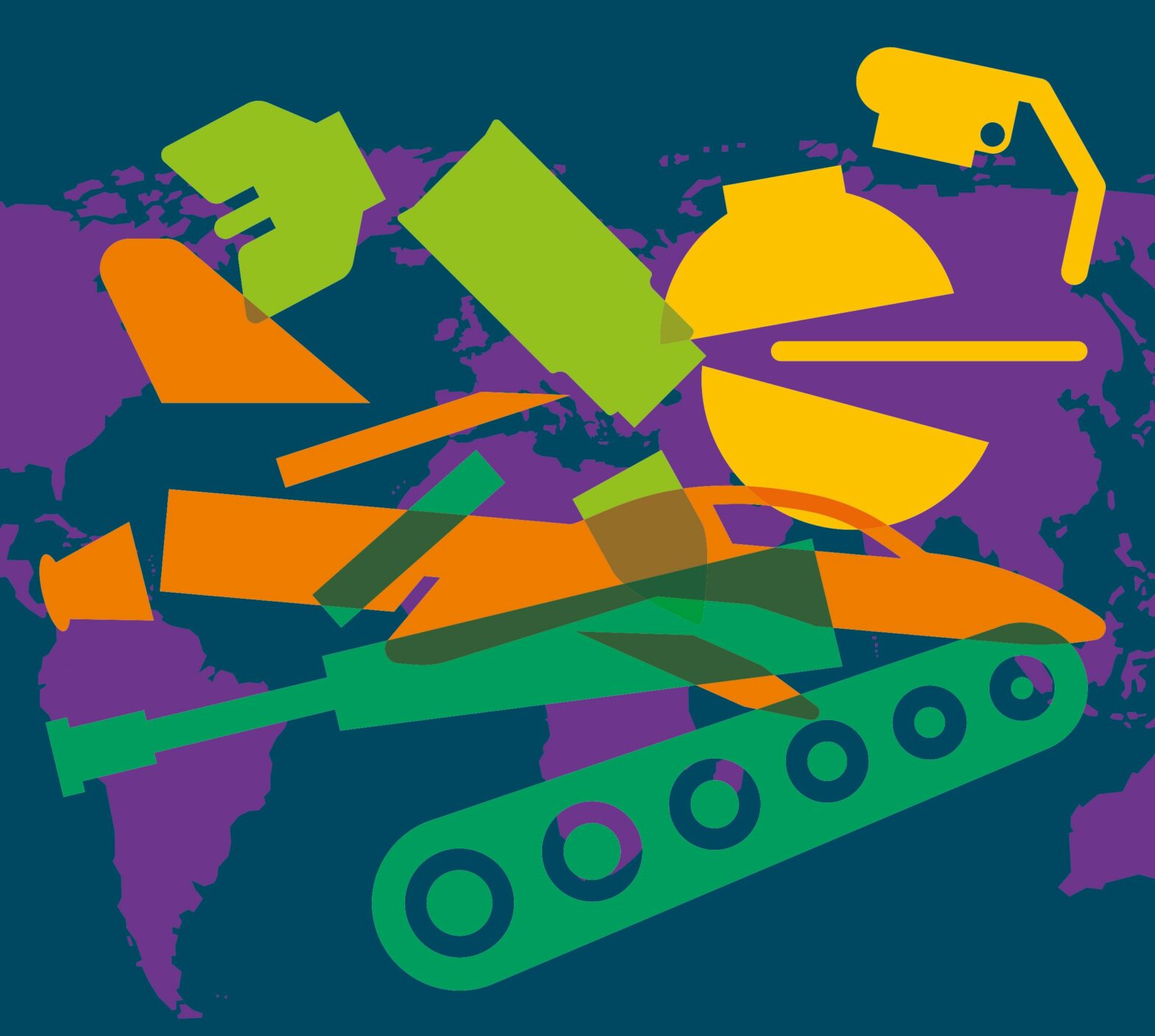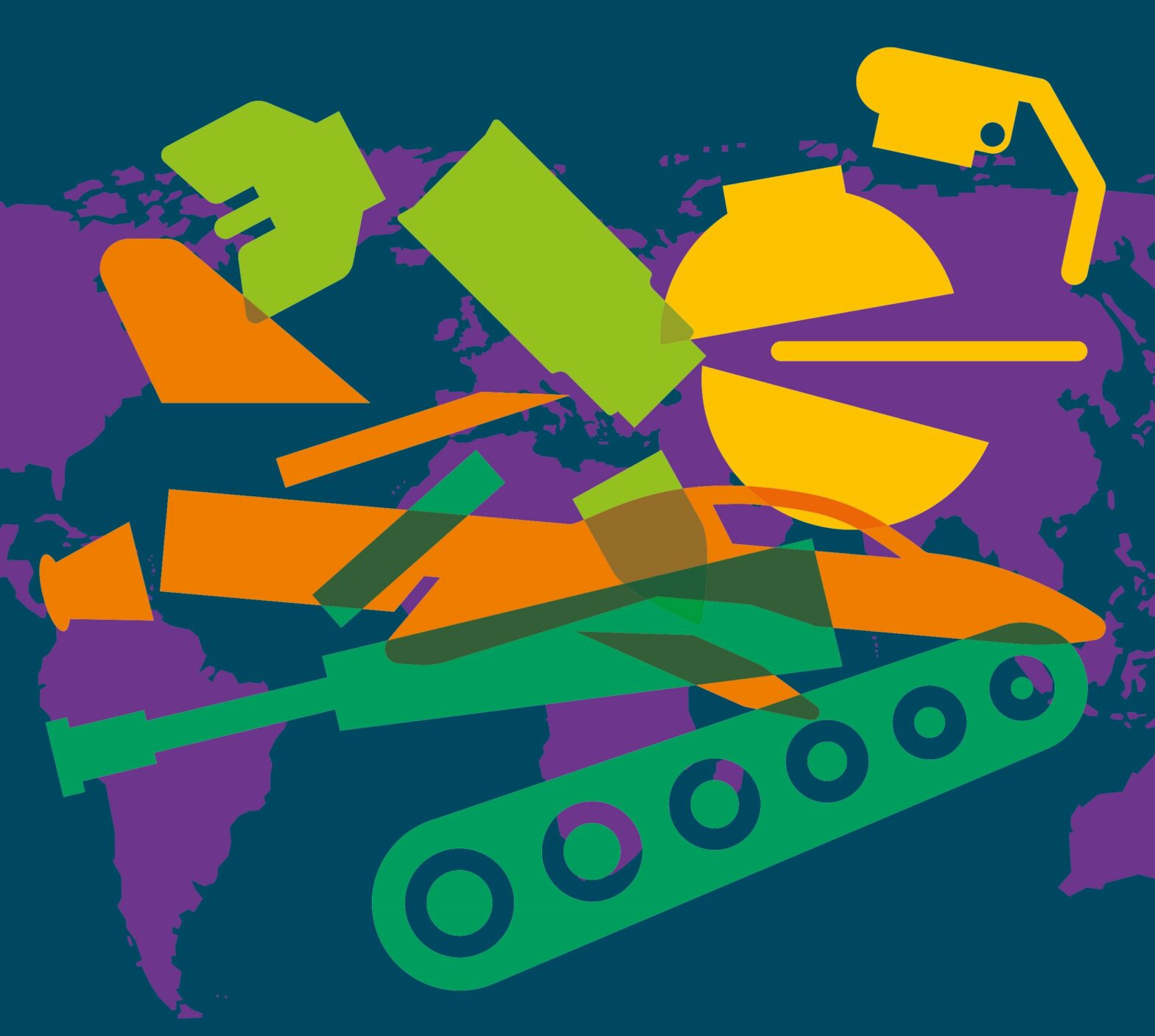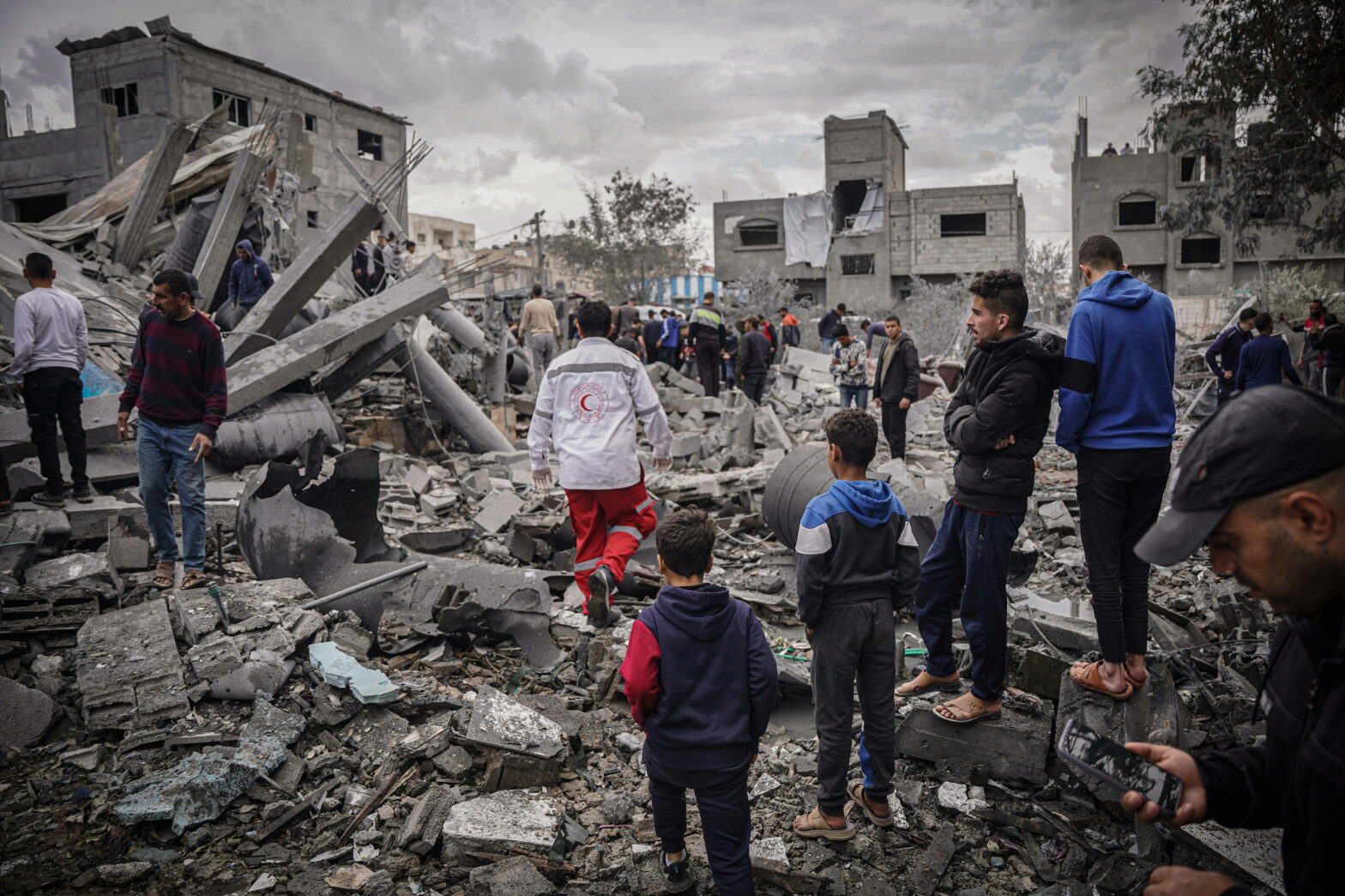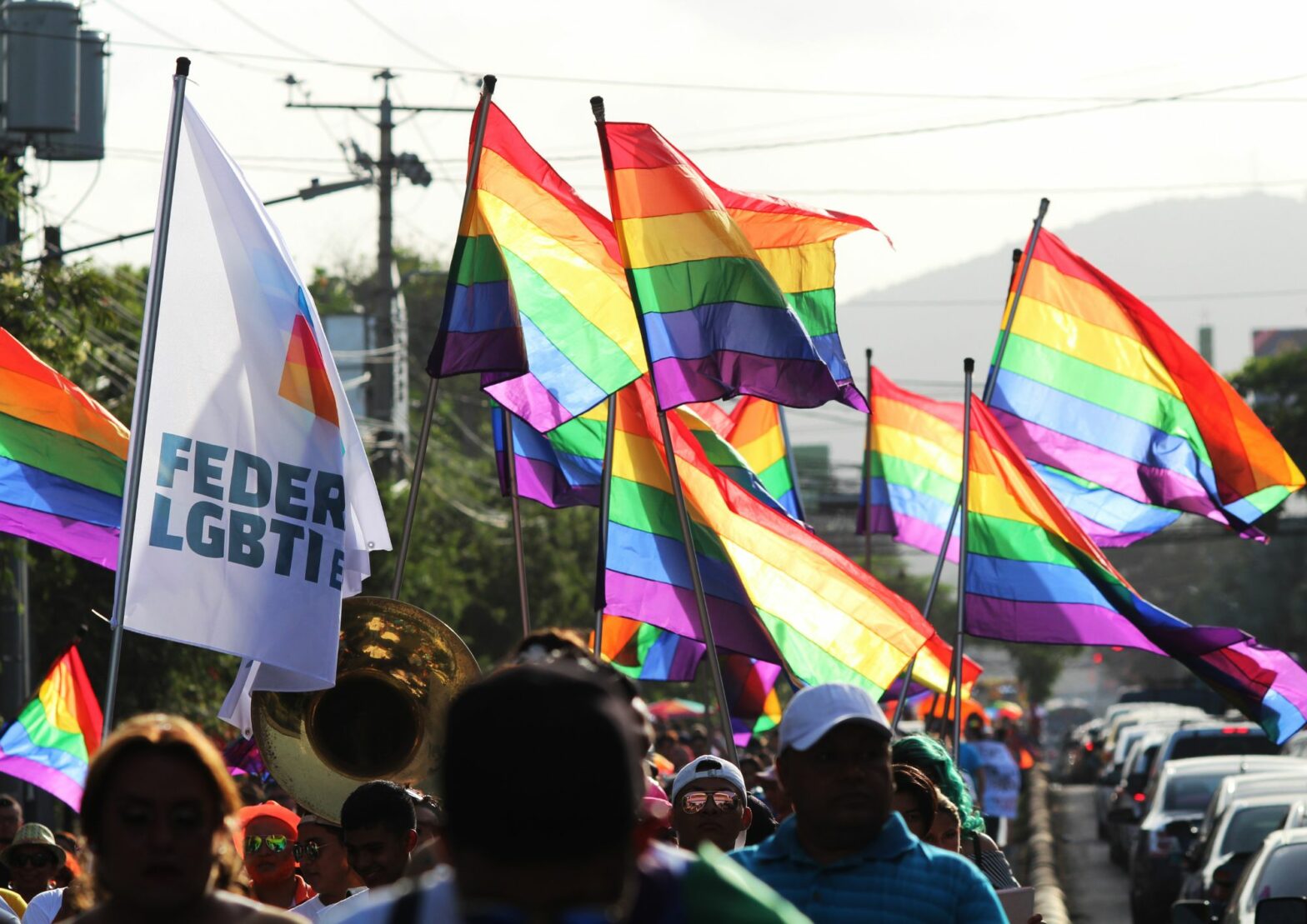Share Twitter Facebook Email Copy URL
The international community must intervene urgently and in a decisive and concrete manner by acting on the causes of child labour, in order to truly avoid its increasing expansion.
The Call to Action on Child Labour made by the Fifth World Conference of the International Labour Organization (ILO), which took place in Durban in May 2022 and was attended by governments and representatives of trade union and business organisations from 180 countries, leaves no room for doubt[1]: the international community must intervene urgently and in a decisive and concrete manner by acting on the causes of child labour, in order to truly avoid its increasing expansion.
Child labour on the rise
Its extent on a global level confirms how alarming and serious the phenomenon is, everywhere. In recent years, in some rural and more remote areas, it has even significantly increased, especially in sub-Saharan Africa.
Durban followed four previous events: Buenos Aires in 2017, Brasilia in 2013, The Hague in 2010 and Oslo in 1997, that is, the year before the historic World March against the exploitation of children organised by trade unions and civil society over a period of six months across all the continents.
This year, the Conference included more than forty themed panels and side events and focused on a wide range of issues, with the aim of assessing progress, renewing and strengthening commitments, mobilising resources and establishing a strategic direction for the global movement against child labour.
Despite national and multilateral institutions having declared and renewed important commitments over this long period of time, twenty-five years since the first Conference, there are still at least 160 million working children in the world, half of whom are engaged in dangerous activities. For the first time in twenty years, these numbers are once again increasing and are most likely underestimated, primarily because recent events have not been taken into account, such as armed conflict and humanitarian and environmental crises, which have further aggravated imbalances and inequalities.
A lack of political will
No one can say that the causes are unknown; on the contrary, these have been well known for some time: exploitation, poverty, corruption and inequality. In other words, it must be acknowledged that often deliberate and wrong political choices have prevented this scourge from being halted. Unfortunately, there are many examples demonstrating the lack of a real willingness to counter the determinants of these causes: indeed, these benefit that part of the world which feeds the current model of economics and distribution of the Earth’s wealth and resources, and thus, area a means by which they profit.
Among many others, a significant example is the following: on a global basis, 70% of child labour takes place in agriculture, with 80% of children of working in the so-called informal economy in rural areas of sub-Saharan Africa, within families or for small local producers. More than half of them are girls. Moreover, this also includes the youngest group, aged 5 to 8, who start to work in the fields very early because their families cannot send them to school, under pressure due to the widespread system of piece rate payments, imposed in a ferocious manner through blackmail. This is well known and documented. Yet in Durban, paradoxically, the labour market itself was met with strong opposition from business organisations, who were asking for the recognition of the right of small producers to contractually established wages as a guarantee for a dignified standard of living. If we don’t start to break this dependence of agricultural workers on the suffocating pressure of an unjust and blackmail-based system, there is no way that children are going to be able to exit this vicious circle of work, misery and denial of life.
Further, for at least twenty years, the international community has been right to state that we must put an end to the informal nature of work by creating dignified work. This is the perfect opportunity: starting from the most serious forms of breach of human dignity.
The final declaration adopted in Durban on a tripartite basis has the merit of finally focusing on the world of agriculture. However, it is not sufficient and should be strengthened with respect to the mechanisms of follow-up and implementation. Certainly, no forced or child labour exists where the rule of law is strong, freedom of association is allowed, workers are organised and collective bargaining works. Thus, there is need for urgent action, starting from investment in quality jobs and in state, free and universal healthcare and education, tax reforms and measures to combat corruption and evasion, universal access to public social protection and investments in the care economy.
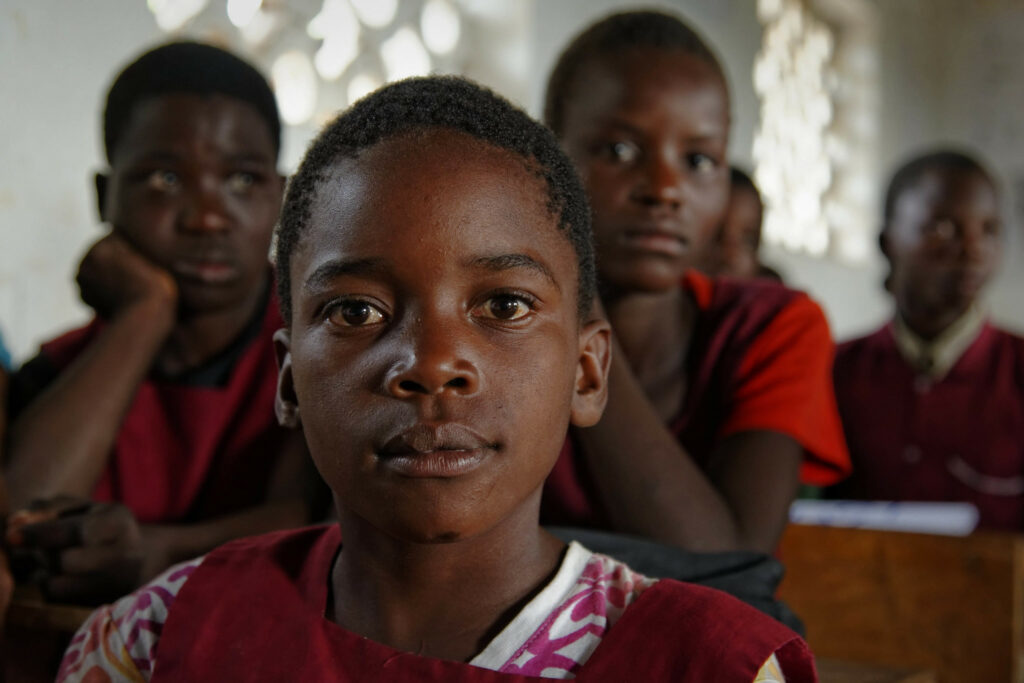
Copyright : Marcel Crozet /ILO
Europe is not spared
This type of commitment is required from all players at every level. Nowhere in the world should anyone be allowed to opt out. Even though very little has been said about this, child labour remains significant in Europe and in the Member States of the European Union. After the 2008 crisis, fiscal austerity measures led to a significant increase in poverty and in the number of working poor; with children ending up paying the highest price. Children are the age group at the highest risk of poverty or social exclusion in at least 13 of the 27 EU Member States. In 2020, almost one in four children in the EU was at risk of poverty or social exclusion, more than their adult counterparts. It is not difficult to imagine how the situation may have significantly deteriorated over the last two years. In the EU, school dropout rates remain statistically significant, accounting on average for 10.2%, with Spain and Romania leading the continent with the highest rates, of 16% and 16.4% respectively. In Italy, the Sicily region has the sad record of almost 20%.
Moreover, across Europe, ethnic minorities and immigrants are more likely to drop out of school. Quality state school services must be financially supported, promoting equal access to education for displaced children, especially girls. Migrant, refugee and asylum-seeker children are more vulnerable than adults, especially if unaccompanied. Their vulnerability makes them more exposed to violence, exploitation and trafficking, as well as to physical, psychological and sexual abuse. Italy alone is host to over 12,000 unaccompanied minors. In crises involving forced displacement, quality state education in safe environments is crucial and an important priority for both displaced persons and host communities. We are talking about huge numbers: in 2020 alone, 130,000 asylum seekers in the EU were children.
Governments and other authorities must secure the resources and capacity to provide both displaced persons and local people with universal access to comprehensive, equitable and quality intercultural state education, at all levels, from early years to higher education.
Interconnection of rights
Restrictive policies in receiving asylum seekers, refugees and migrants, including hindering family reunification, have a disastrous impact. When access to work for displaced persons is not allowed, or only partially, the informal economy experiences a boost, especially the hidden branches of global supply chains, with negative consequences such as child and forced labour, resulting in tensions between host communities and displaced persons. Strategies need to be integrated and interconnected, starting from the right of every adult to quality work, freely chosen, paid according to laws and contracts and based on healthy and safe conditions. Implementing the rule of law also means recognising the universality of human and labour rights, such as the right to life, which is effectively denied by child labour, the right to education, care, water, health, freedom of speech and freedom of association, including membership of trade unions. These are all fundamental rights which must be guaranteed by public services and made accessible to everyone, regardless of their status, and free of charge.
The elimination of child labour, the availability of dignified work for all, a universal social protection system and the fight against social inequalities are strongly linked to the essence of democracy and respect for the fundamental rights of workers. These are achievable objectives: the declarations of principle must translate into concrete actions aimed at supporting the community, so as not to leave anyone behind. Political will and the availability of adequate resources, through fair and progressive tax reforms, can make a difference. The International Labour Organisation can, and must, play a unique role in this respect, thanks to its tripartite composition based on consensus and its purpose of social justice.
It should also be said that it is simply not true that there are sufficient resources available. There is a need for consistent allocation of resources and financing, through reform of the tax system, ensuring its fairness through progressive taxation, combating tax evasion and tax havens, as well as taxing capital. According to the Tax Justice Network’s 2021 report, it appears that the total amount of capital in offshore tax havens amounts to more than 483 billion dollars. Ending extreme poverty and hunger in the world would certainly cost less. Thus, there are ways to achieve social justice, what is missing is only the willingness to do it.
Silvana Cappuccio is an expert in international trade union policy. She is working in the SPI CGIL International Policy Department, is titular member of the EU OSHA in Bilbao and have represented the three Italian trade unions CGIL CISL UIL in the workers group of the ILO during the last seven years, until June 2021. She is the author of two books: Glokers – People, Places and Ideas about Globalised Labour”, in Italian, and “Jeans to Die For” (about silicosis in the jeans production industry), in Italian and English.
[1] ILO Durban Call to Action, wcms_845907.pdf (ilo.org)
